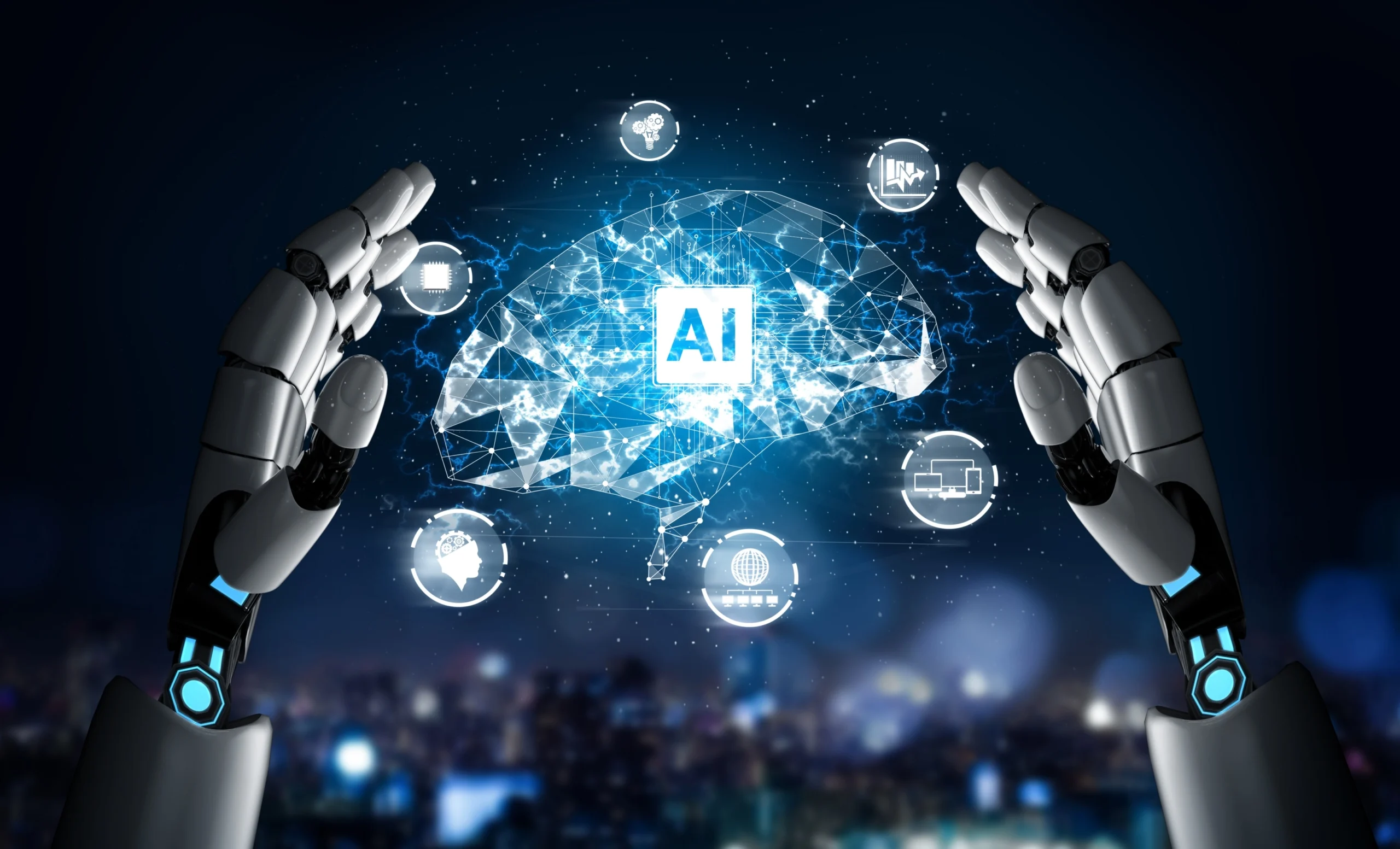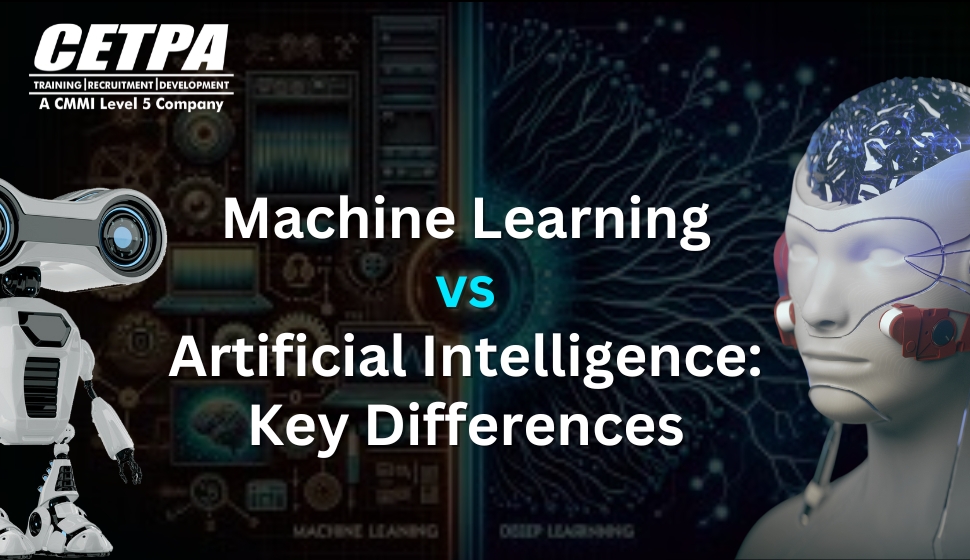For decades, I’ve thrived in the fast-paced world of venture capital. The thrill of identifying the next billion-dollar idea, the camaraderie of backing brilliant founders – it’s a game I know inside and out. But lately, a disquieting tremor has run through the industry. A tremor that feels an awful lot like…evolution.
Artificial intelligence is no longer science fiction. It’s a hungry force, and its sights are set on the throne of venture capital. VCs themselves are predicting AI could slash their headcount by over half. That’s a seismic shift, folks. But here’s the thing: I don’t see this as a robot uprising. I see it as a revolution, a chance to rewrite the VC rulebook.
Imagine an intelligence that can analyze markets with laser precision, suss out hidden patterns in human behavior, and predict trends before they even emerge. That’s the power AI brings to the table. It can become a relentless deal-finding machine, a tireless due diligence warrior, freeing us human VCs to focus on what we do best: strategy, mentorship, and the human touch.
The future of VC isn’t about extinction, it’s about augmentation. It’s about forging a powerful partnership between human intuition and machine muscle. It’s about building the future, not clinging to the past. So, buckle up, my fellow VCs. The ride is about to get exhilarating.
The AI Advantage: A Machine with a Midas Touch?
The allure of AI for VCs lies in its potential to streamline and enhance several key aspects of the investment process. Here’s where AI shines:
- Data-Driven Deal Sourcing: AI algorithms can analyze vast troves of data, including market trends, competitor analysis, and social media sentiment, to identify promising startups before they hit the mainstream. This eliminates the limitations of human intuition and allows VCs to discover hidden gems that might otherwise slip through the cracks.
- Enhanced Due Diligence: AI can process mountains of financial data, legal documents, and market reports with superhuman speed and accuracy. Imagine an AI system that can uncover potential risks and red flags in a company’s financials with laser precision, freeing up VCs to delve deeper into the qualitative aspects of an investment.
- Predictive Analytics: AI models can be trained on historical data to predict future market trends and company performance. This allows VCs to make more informed decisions about which sectors to focus on and which companies have the greatest potential for growth.
The Human Factor: Why Robots Won’t Replace VCs (Just Yet)
While AI offers undeniable advantages, it’s important to remember that venture capital is a human-centric business. The success of an investment often hinges on factors that go beyond the numbers, such as:
- Understanding the People Behind the Pitch: VCs need to assess the passion, drive, and leadership qualities of the founders. This requires the ability to read between the lines, gauge emotional intelligence, and make a gut call about whether the team can navigate the inevitable challenges of building a successful company.
- Building Relationships: VC is a relationship game. Building trust and rapport with founders is crucial for forging long-term partnerships. While AI can be a valuable tool in identifying potential investments, it cannot replicate the human connection that fosters successful collaborations.
- Strategic Guidance: VCs go beyond simply providing capital; they offer invaluable strategic guidance to their portfolio companies. This might involve helping founders navigate complex market dynamics, make key hires, and build a strong brand. This level of strategic insight requires a deep understanding of the business landscape and the ability to think several moves ahead.
The Future: A Symphony of Human and Machine Intelligence
The key takeaway here is not that AI will replace VCs, but rather that it will redefine the role. The future of venture capital lies in a symbiotic relationship between human and machine intelligence. Here’s what this partnership might look like:
- AI as the Super-Scout: Imagine an AI App Development Company creating a platform that acts as a tireless deal scout, constantly scanning the market for promising startups based on pre-defined criteria set by the VC firm. This allows the VCs to focus their precious time on evaluating the most relevant and exciting opportunities.
- AI as the Due Diligence Powerhouse: AI can analyze vast amounts of data to identify potential risks and opportunities associated with an investment. This allows VCs to quickly assess the viability of a company and dedicate their time to conducting deeper dives on the most promising ventures.
- AI as the Data-Driven Strategist: Imagine an AI system that can analyze a startup’s competitors, market trends, and customer data to identify potential growth opportunities and red flags. This empowers VCs to provide more data-driven strategic guidance to their portfolio companies.
The Call to Action: Embracing the AI Revolution
The arrival of AI in the venture capital space is inevitable. But instead of fearing this change, VCs should embrace it as an opportunity to become more informed, efficient, and ultimately, more successful investors. This might involve:
- Investing in AI Tools: Partnering with Ai App Development Companies** to develop or integrate AI-powered tools that streamline the deal sourcing, due diligence, and portfolio management processes.
- Building a Data-Driven Culture: Encouraging a culture of data-driven decision making within the VC firm. This involves training investment teams on how to interpret and utilize data generated by AI tools.
- Adapting Skillsets: Equipping VCs with the skills necessary to collaborate effectively with AI. This includes skills in data analysis, machine learning, and understanding how to translate AI insights into actionable investment decisions.
Beyond the Hype: Ethical Considerations with AI
While the potential benefits of AI are undeniable, it’s important to address the ethical considerations that come with integrating this powerful technology into venture capital. Here are some key concerns:
- Bias in AI Algorithms: AI algorithms are only as good as the data they are trained on. If the data is biased, the AI will perpetuate those biases in its recommendations. VC firms need to be vigilant about ensuring their AI tools are trained on diverse and unbiased datasets.
- Transparency and Explainability: When an AI system makes a decision about a potential investment, it’s crucial to understand the reasoning behind that decision. This allows VCs to maintain human oversight and ensure that the AI is not making decisions based on opaque or potentially flawed criteria.
- The Human Cost of Automation: As AI automates tasks currently performed by humans, there’s a risk of job displacement in the VC industry. VCs need to be prepared to address this challenge by retraining their employees and focusing on developing the human skills that complement, rather than compete with, AI.
Conclusion: A Brighter Future for Venture Capital
The arrival of AI in venture capital is not a cause for alarm, but a call to action. By embracing this new technology and forging a powerful partnership between human and machine intelligence, VCs can unlock a future of unparalleled efficiency, accuracy, and ultimately, greater returns for their investors and the companies they back.
This future is not about robots replacing VCs. It’s about VCs becoming augmented versions of themselves, armed with the data-driven insights and tireless analysis capabilities of AI. The human touch will remain paramount, but it will be coupled with the power of machine intelligence to create a brighter, more data-driven future for the venture capital landscape.
Looking for a Partner in the AI Revolution?
If you’re a VC firm looking to leverage the power of AI to gain a competitive edge, consider partnering with a reputable Ai App Development Company. These companies specialize in creating custom AI solutions tailored to the specific needs of the venture capital industry.
By working with an Ai App Development Company, you can develop tools that streamline your deal sourcing, due diligence, and portfolio management processes, allowing you to focus on what you do best: identifying and nurturing the next generation of groundbreaking companies.




One thought on “AI is coming for venture firms. VCs predict it could reduce head count by more than 50%”